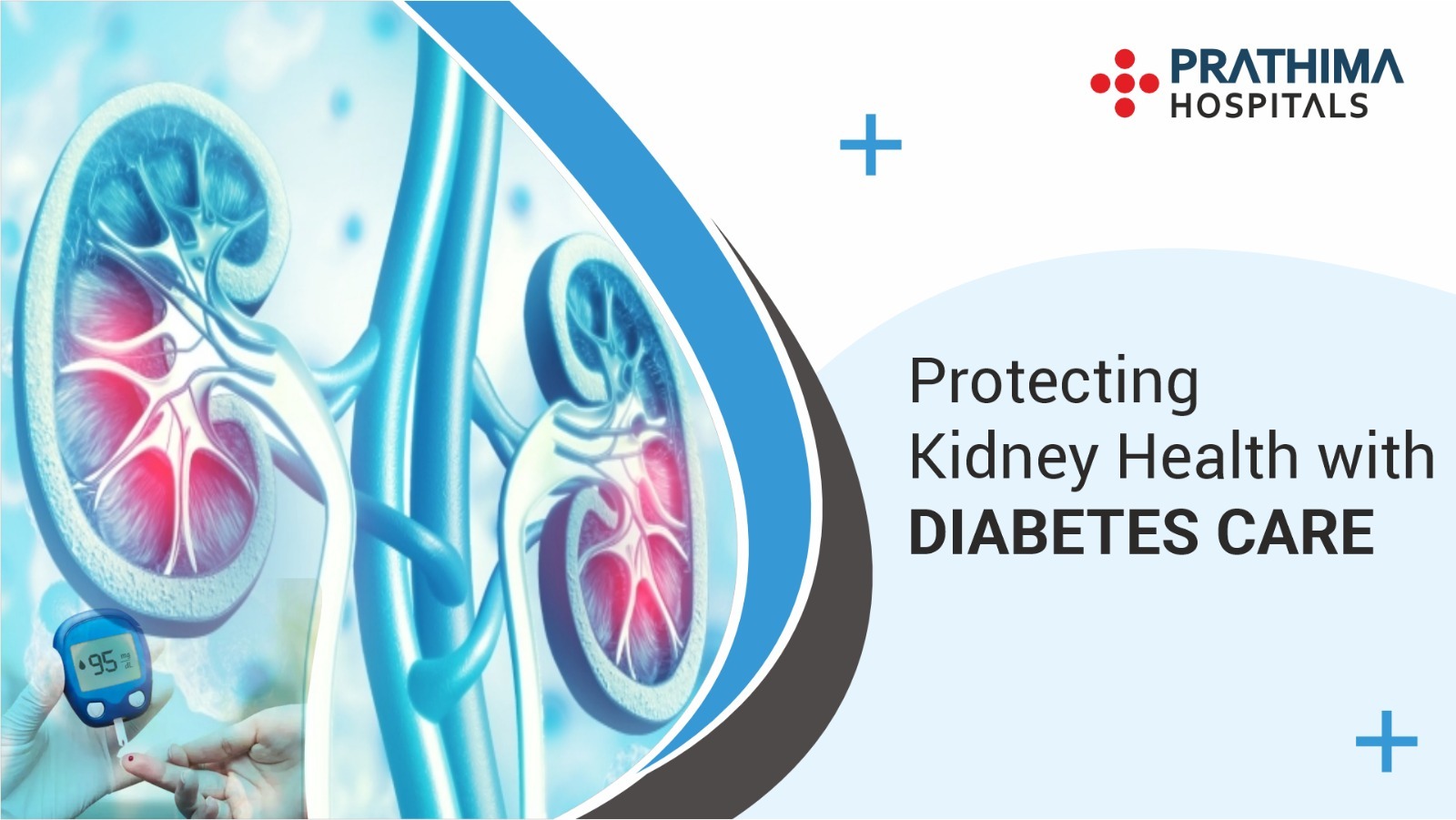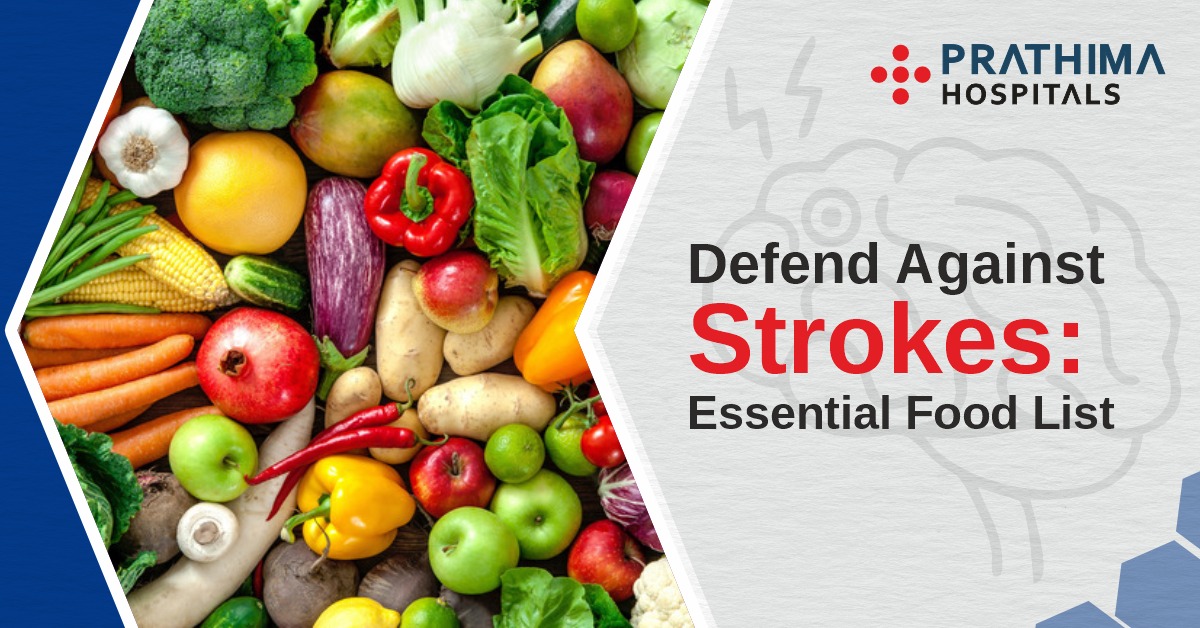Healthy Choices: The Art and Science of Plant-Based Living

Vegetarian lifestyle
Plant-based living has smoothly shifted from a niche lifestyle to a mainstream phenomenon, riding a wave of popularity in our health-conscious world. With growing emphasis on holistic nourishment, people are more inclined towards sustainable and nutritious alternatives. Rooted in a foundation of fruits, vegetables, grains, and legumes, plant-based living caters to a range of dietary styles, dealing with the choices like like veganism, vegetarianism, pescatarianism, and flexitarianism.
Here’s a breakdown of the mentioned dietary styles within the umbrella of plant-based diets:
Vegan Diet
Excludes all animal products, from meat to dairy, eggs, and honey. Primarily relies on plant-derived foods like fruits, vegetables, grains, legumes, nuts, and seeds.
Vegetarian Diet
Excludes meat and fish but may include dairy and eggs. Subcategories include lacto-vegetarian (with dairy), ovo-vegetarian (with eggs), and lacto-ovo vegetarian (with both).
Pescatarian Diet
Includes fish and seafood while excluding other meats.
Plant-based foods form the core, supplemented with fish and seafood for protein and omega-3 fatty acids.
Flexitarian Diet
Balances plant-derived foods with occasional animal products for iodine, iron, zinc, vitamins (especially B12), and essential fatty acids. Offers flexibility, emphasizing plant-based foods but allowing moderate inclusion of meat and other animal products.
This transformative shift reflects a broader societal movement where individuals are making conscious and harmonious decisions, fundamentally reshaping our contemporary perception of food and wellness.
Benefits of Plant-Based Diets
Health Advantages:
Nutrient-Rich Profiles: Abundant in essential nutrients, plant-based diets contribute to overall well-being and support bodily functions.
Heart Health: Studies show a positive impact on cardiovascular health by lowering blood pressure, reducing cholesterol levels, and decreasing heart disease risk.
Weight Management: Embracing a plant-centric lifestyle associates with lower calorie intake, fostering weight loss and reducing obesity-related risks.
Digestive Health: High fiber content supports digestive health, preventing constipation and promoting a diverse gut microbiome.
Reduced Risk of Chronic Diseases: Lower risks of type 2 diabetes, certain cancers, and neurodegenerative conditions are linked to plant-based diets, contributing to long-term health.
Improved Blood Sugar Control: The fiber and complex carbohydrates regulate blood sugar levels, making plant-based diets beneficial for diabetes management and prevention.
Inflammation Reduction: Anti-inflammatory properties in plant-based diets may reduce inflammation and lower the risk of inflammatory diseases.
Enhanced Immune Function: The rich array of vitamins and minerals bolsters the immune system, promoting resilience against infections.
Better Hydration: Many plant-based foods, with high water content, contribute to improved hydration and overall health.
Longevity: Adherence to a plant-based diet is associated with increased life expectancy, showcasing potential benefits for a longer, healthier life.
Nutritional Adequacy
Ensuring nutritional adequacy is crucial when adopting a plant-based diet, requiring careful attention to meeting essential nutrient needs. Contrary to misconceptions, well-planned plant-based diets can provide all necessary nutrients for optimal health.
Key Considerations:
Protein Sources: Legumes, beans, lentils, tofu, tempeh, edamame, quinoa, and seitan contribute to adequate protein intake, essential for muscle function and overall health.
Iron Absorption: While plant-based iron is less readily absorbed, pairing iron-rich plant foods with vitamin C-rich options enhances absorption.
Calcium Intake: Fortified plant milk, tofu, kale, broccoli, and almonds provide plant-based calcium for bone health.
Omega-3 Fatty Acids: Sources like flaxseeds, chia seeds, hemp seeds, walnuts, and algae-based supplements address omega-3 needs.
Vitamin B12: Fortified foods or supplements are essential for nerve function, as vitamin B12 is primarily found in animal products.
Vitamin D: Sun exposure, fortified plant milk, and supplements maintain optimal vitamin D levels often lacking in plant-based diets.
Zinc and Selenium: Zinc-rich foods like beans, lentils, seeds, and selenium-rich Brazil nuts ensure immune function and thyroid health.
Lodine: Sea vegetables, such as seaweed, provide iodine crucial for thyroid function, but supplementation or careful food choices may be necessary.
Fiber Content: Gradually increasing fiber intake ensures digestive health and proper nutrient absorption.
Diverse and Balanced Diet: Consuming a variety of fruits, vegetables, whole grains, nuts, seeds, and legumes maintains nutritional balance. Regular assessments and consulting healthcare professionals address individual nutrient needs.
Practical Aspects of Plant-Based Diets
Transition Tips
Adopting a Plant-Based Diet
Start by incorporating more plant-based meals into your routine. Learn about plant-based nutrition, ensuring a well-balanced diet with diverse sources of proteins, fats, and carbohydrates. Gradual changes make the transition smoother for long-term success.
Explore New Foods: Experiment with different fruits, vegetables, grains, legumes, and plant-based alternatives for a more enjoyable transition.
Seek Support: Connect with friends, family, or online communities for motivation, recipe ideas, and a sense of community.
Plan Meals and Snacks: Devote time to planning balanced meals, preventing last-minute unhealthy choices, and making grocery shopping more efficient. Stock Plant-Based Staples: Keep your kitchen stocked with essentials like beans, lentils, whole grains, nuts, seeds, and various fruits and vegetables for quick and nutritious meals.
Read Labels: Familiarize yourself with food labels, empowering you to make informed choices while grocery shopping.
Experiment with Cooking: Develop your cooking skills by trying new plant-based recipes. There are countless online resources and cookbooks offering creative and delicious plant-based dishes.
Informed Food Choices
Understanding labels, sourcing local produce, and exploring new recipes enhance the overall plant-based experience.
Understand Labels: Learn to decipher food labels, identifying hidden animal products and assessing nutritional content.
Explore Local Produce: Support local farmers for fresher, more sustainable produce, adding diversity to your plant-based diet.
Opt for Whole Foods: Prioritize whole, minimally processed foods, including fruits, vegetables, whole grains, nuts, seeds, and legumes, for a broad spectrum of nutrients. Experiment with Substitutes: Try plant-based alternatives for dairy, meat, and other animal products, such as almond milk, tofu, and various plant-based proteins. Read Restaurant Menus Carefully: When dining out, review menus in advance and communicate dietary preferences with restaurant staff, as many establishments now offer diverse plant-based options. Utilize online platforms and apps providing information on plant-based products, recipes, and reviews to discover new foods and stay informed.
Meal Planning
Adopt effective and balanced meal planning strategies in a plant-based context.
Batch Cooking: Save time and ensure meal variety by batch cooking staples like grains, beans, and vegetables, storing them for quick and convenient meal assembly.
Include a Variety of Colors: Aim for a colorful plate with a mix of fruits and vegetables, indicating diverse nutrients for a well-rounded intake.
Balance Macronutrients: Include carbohydrates, proteins, and healthy fats in each meal for sustained energy levels and post-meal satisfaction.
Plan Protein Sources: Ensure a variety of plant-based proteins like beans, lentils, tofu, tempeh, nuts, and seeds for a broad amino acid profile.
Experiment with Textures and Flavors: Enhance the dining experience with different textures and flavors, incorporating crunchy nuts, creamy avocado, or zesty herbs for variety.
Stay Hydrated: Include water-rich fruits and vegetables in meals and drink plenty of water throughout the day.
Navigating Social Situations
Be open to communication, informing friends and family about your plant-based lifestyle for a proactive approach to social situations.
Offer to Contribute: When attending gatherings, bring a plant-based dish to ensure a satisfying option and introduce others to delicious plant-based meals.
Research Menus in Advance: Review restaurant menus online before dining out to identify plant-based options, enabling informed choices without feeling limited.
Be Prepared: Carry snacks or a small meal to events with limited plant-based options, ensuring you stay nourished and satisfied.
Educate Others: Share information about plant-based living to dispel misconceptions and inspire others to explore plant-based options.
Stay Positive: Approach social situations with a positive mindset, focusing on enjoyable aspects rather than dietary limitations to make the experience more enjoyable for everyone.
Addressing Nutritional Concerns
Diverse Dietary Styles in Plant-Based Living
Plant-based living offers a spectrum of dietary styles, allowing individuals to tailor their choices to personal preferences and health goals. Whether fully vegan, vegetarian, pescatarian, or adopting a flexible approach, the flexibility of plant-based diets accommodates diverse lifestyles. From vibrant fruits and vegetables to varied protein sources, plant-based living is adaptable and inclusive, making it an appealing and customizable choice for a broad audience.
Fortification in Plant-Based Diets
Fortification is vital to ensuring a well-rounded and nourishing plant-based diet. By incorporating nutrient-rich plant foods like whole grains, legumes, nuts, and seeds, individuals can enjoy diverse flavors while meeting essential nutritional needs. From fortified plant milks and tofu to vitamin-rich alternatives, plant-based living provides accessible options to address concerns about vitamin B12, calcium, vitamin D, omega-3 fatty acids, and iron. This fortified approach not only enhances the nutritional profile of plant-based diets but also makes them an enticing and practical choice for those seeking a health-conscious and sustainable lifestyle.
Conclusion:
Adopting a plant-based lifestyle enhances overall well-being, prevents chronic diseases, and represents a transformative journey towards a healthier, more sustainable future. Characterized by nutrient-rich foods, this choice supports heart health, weight management, and improved immune function. Beyond personal health, the shift to plant-based living contributes to environmental sustainability, fostering a collective commitment to a balanced and conscientious relationship with food. Each plant-based choice becomes a step towards shaping a more sustainable and harmonious world for future generations.
.
.
.
.
.
For More Details:
📞:: 733 733 6600 | 040 4345 4345
🌐:: https://prathimahospitals.com/book-appointment/





